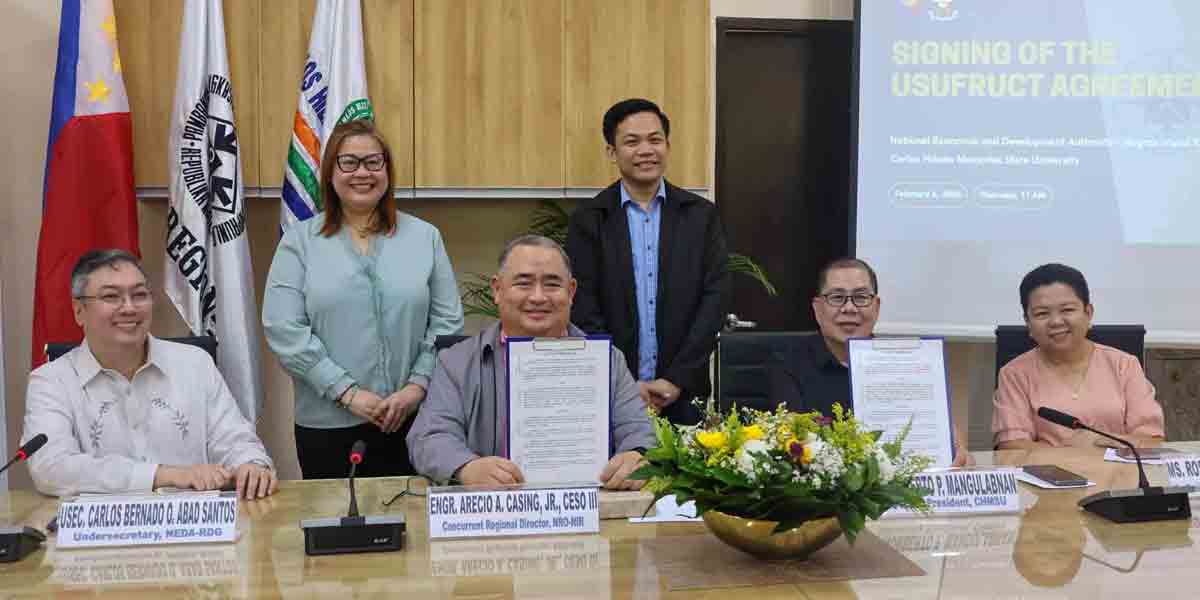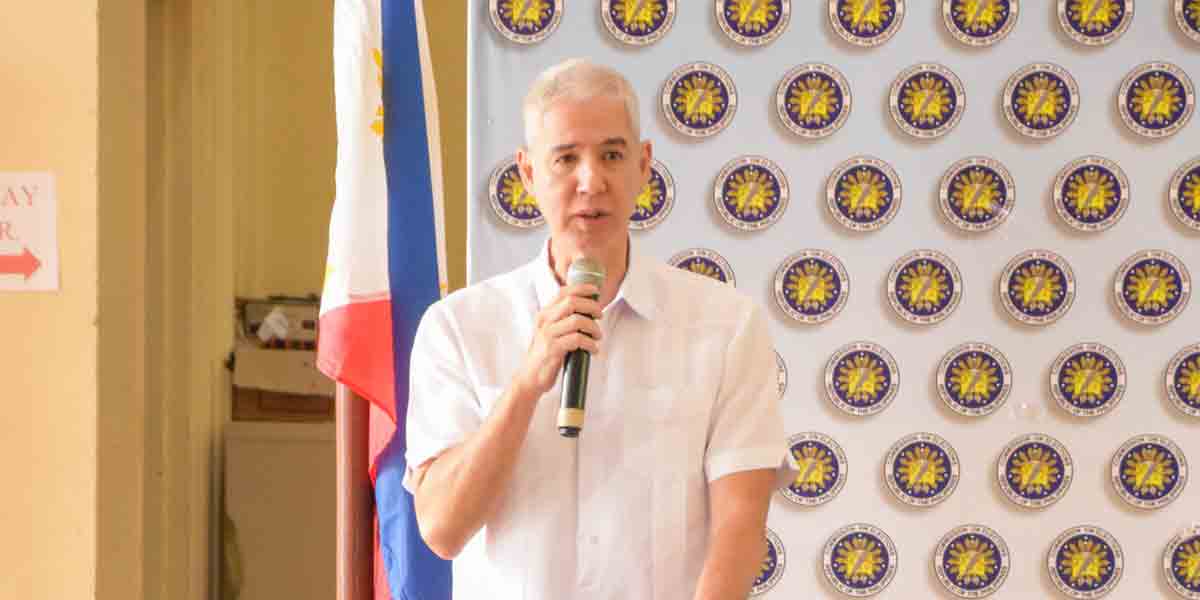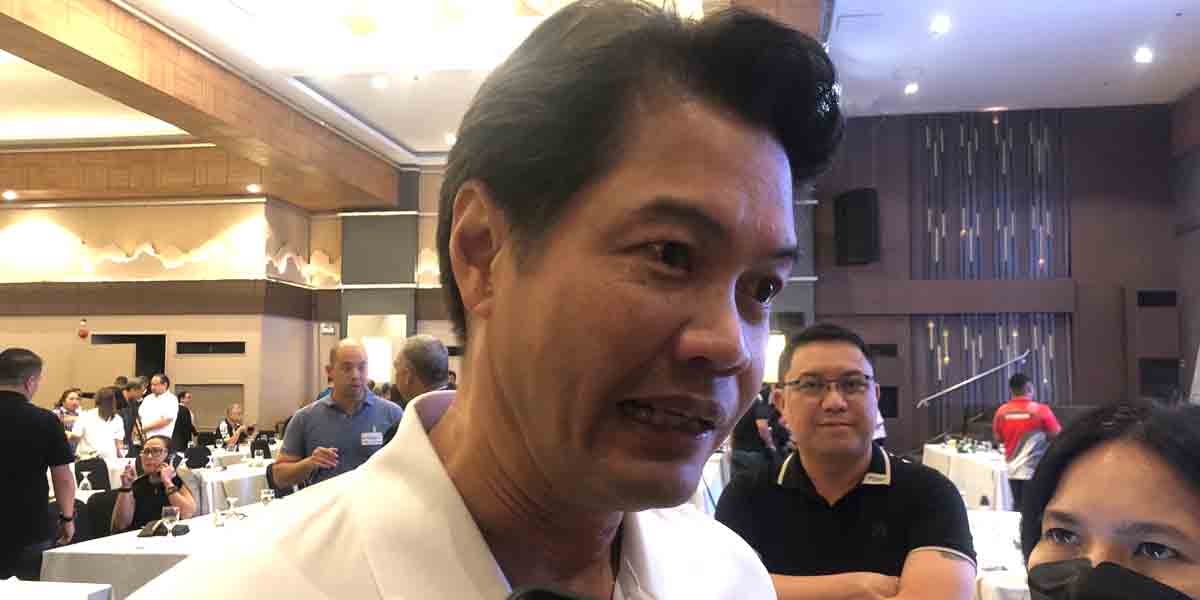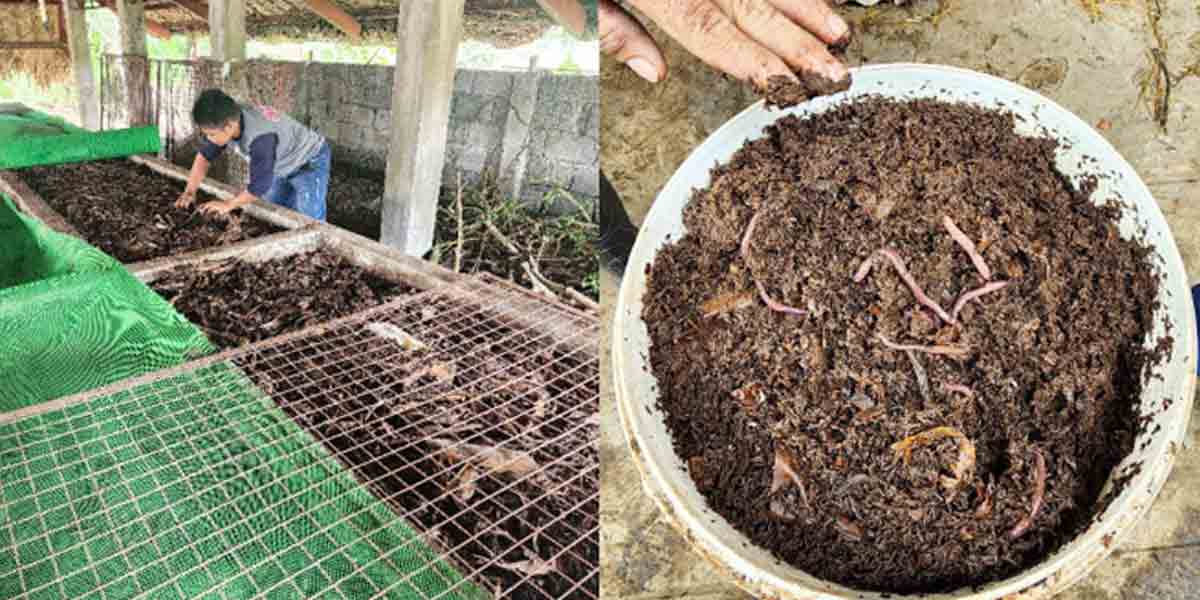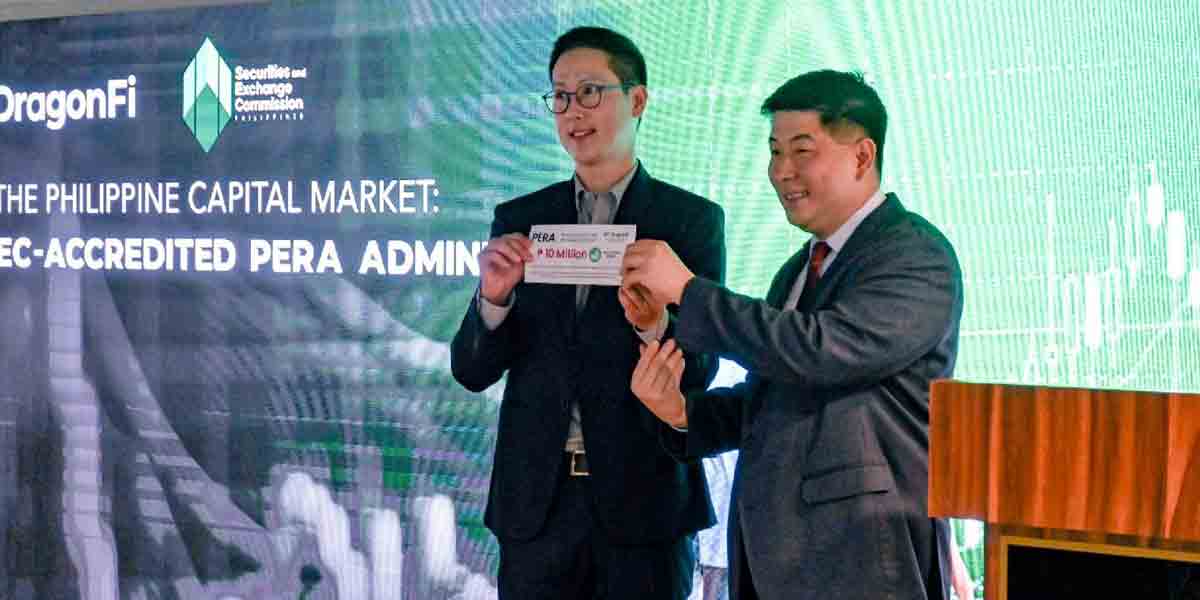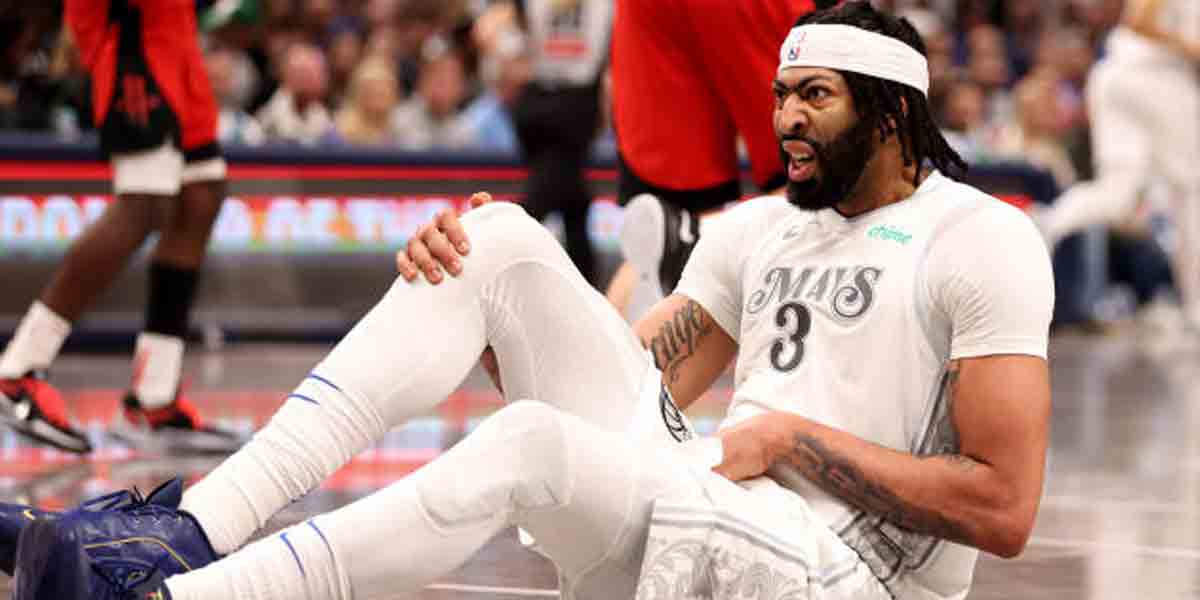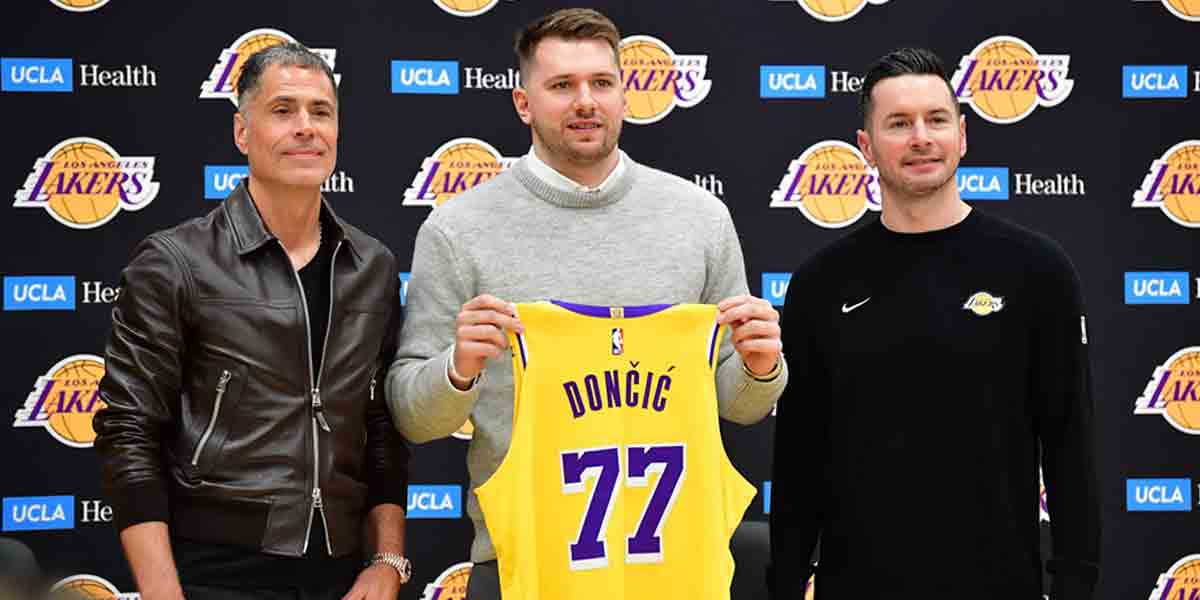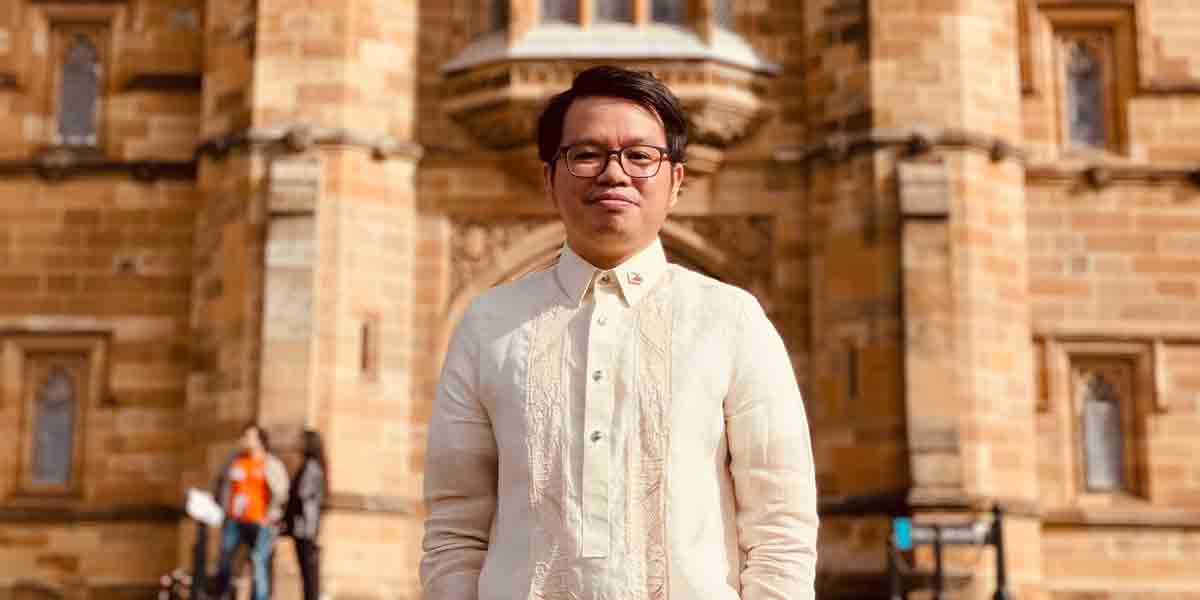By Engr. Carlos V. Cornejo
With the Feast of the Body and Blood of Christ celebrated last Sunday, let us talk about the Eucharist. The Catechism of the Catholic Church narrates to us how the Holy Eucharist was established, “At the Last Supper, on the night he was betrayed, our Savior instituted the Eucharistic sacrifice of his Body and Blood. This he did in order to perpetuate the sacrifice of the cross throughout the ages until he should come again, and so to entrust to his beloved Spouse, the Church, a memorial of his death and resurrection: a sacrament of love, a sign of unity, a bond of charity, a Paschal banquet ‘in which Christ is consumed, the mind is filled with grace, and a pledge of future glory is given to us.’” (CCC 1323)
According to Dr. Peter Kreeft, “Buddha, Confucius, Lao Tzu, all gave us their minds, but Christ gave us His Body. They tried to save the world from ignorance with their teachings, but Christ saved the world from sin, death and Hell by His Body and Blood in the Eucharist and in the Cross. These wise teachers would say don’t look at me, look into my teachings. But Christ would say come unto me. They would also say I teach the truth, but Christ would say, “I am the truth.” (John 14:6) Christ is no ordinary wise teacher because He is God who became Man. After becoming Man, He even went further, by becoming Bread and Wine for us to eat.
The Roman pagans in the early years of the Church accused Christians of cannibalism because they have heard that the disciples of Christ spoke of eating and drinking their God. It is not cannibalism because cannibals eat their human food after killing their victim, but in the Eucharist the Risen Christ is eaten while very much alive. The Eucharist has always been a source of dispute even up to now because of the Catholics claim that God is really present in the consecrated species of bread and wine. If this claim is false, then Catholics would be the most shamefully sacrilegious people bowing down to bread and worshipping wine confusing earthly items as God. Even when Christ was preaching about the Eucharist in Capernaum it caused a huge controversy and many of his disciples left Him because they accused Christ precisely of cannibalism. “Then the Jews began to argue sharply among themselves, ‘How can this man give us his flesh to eat?’ Jesus said to them, ‘Very truly I tell you, unless you eat the flesh of the Son of Man and drink his blood, you have no life in you. Whoever eats my flesh and drinks my blood has eternal life, and I will raise them up at the last day. For my flesh is real food and my blood is real drink.’” (John 6:52-55) And because Christ is truly and substantially present in the consecrated hosts as we receive Him in Holy Communion, then we Catholics have the greatest privilege here on earth of that most intimate union we could have with God.
The Church teaches us that the Eucharist is the “source and summit of the Christian life.” (CCC 1324) It is the source because it gives birth and growth to our spiritual life because of Christ’s special presence in this sacrament. And it is also the summit because our ultimate end or perfection as human beings is in Christ. Thus, Christ is our beginning (source) and end (summit), “I am the Alpha and the Omega, the First and the Last, the Beginning and the End.” (Revelation 22:13)
Since God is love and love’s nature is to unite itself with its beloved, the Eucharist is God’s way of giving us an opportunity to be united with Him in this life in a special way. Thus, the importance of attending Mass and receiving communion could not be over emphasized because we don’t only receive grace but receive the Author of grace Himself. If we want to achieve super abundant growth in our spiritual life, frequent Mass attendance and Holy Communion is the way.


